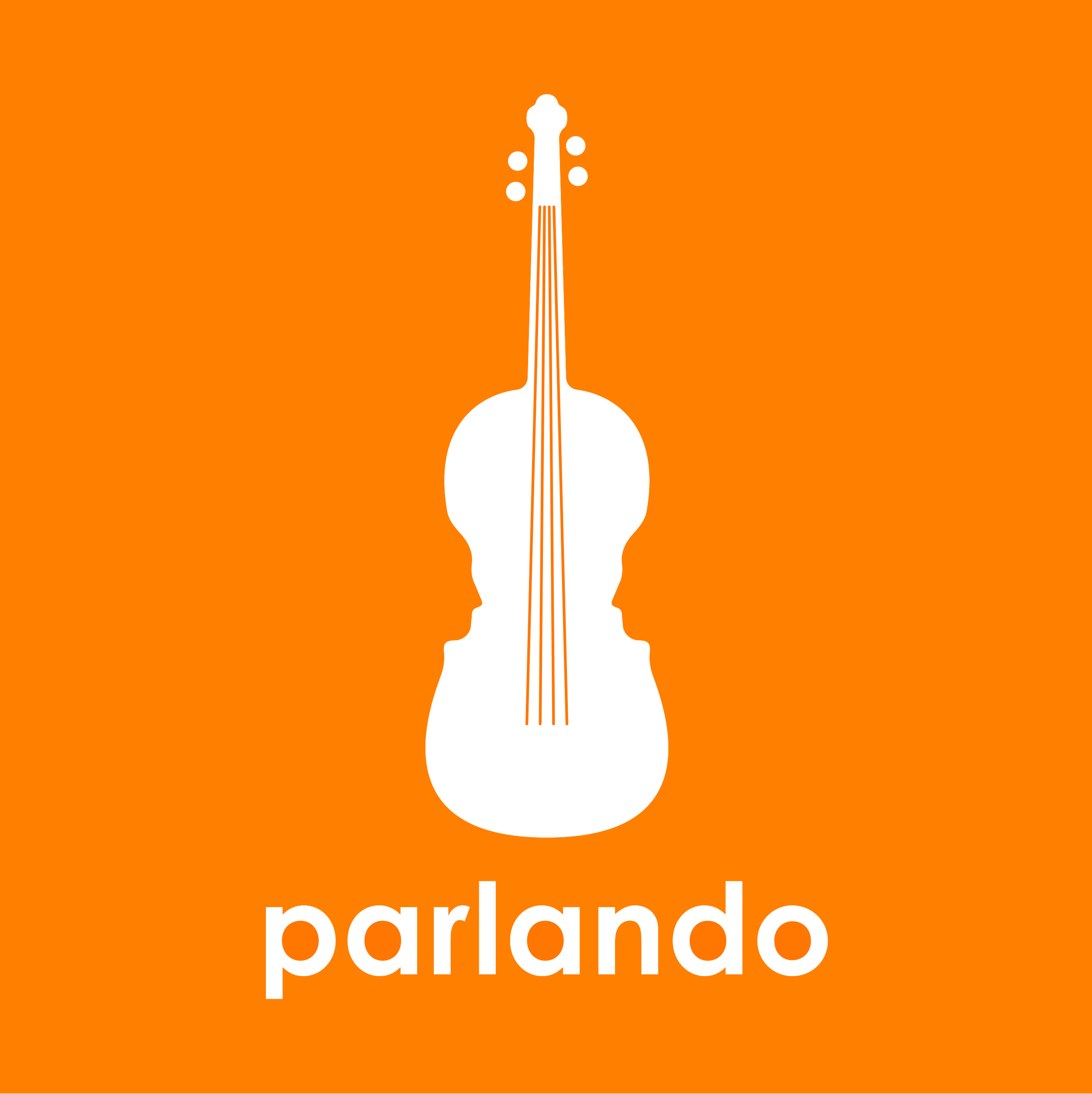Ian Niederhoffer may need to tweak his patented chili-pepper ranking system for gauging the listener difficulty of musical works.
For “Transient Voices,”Parlando’s latest program, Aida Shirazi’s Umbra earned a difficulty rating of three and Shostakovich’s Symphony No. 14 a two on a scale of five. Reasonable minds may disagree with him and may have wanted to kick both up a notch or two.
But without question Sunday’s performance by the chamber orchestra at Merkin Hall was off the scale for its integrity and emotional impact. Apart from his abundant talents as a conductor, Niederhoffer’s appeal rests in his musical curiosity and ability to discern commonalities in extremely disparate works. In his preconcert remarks, the conductor explained that composers have the unique ability to capture the ephemeral and preserve it in music. For Niederhoffer, that was the thread which linked Shirazi’s brief work and the Shostakovich symphony.
Born and raised in Tehran, Shirazi is a composer of acoustic and electroacoustic music. Umbra (Clouds) is a departure of sorts for the California-based composer as it is not based on a literary source.
The Iranian composer’s objective in creating Umbra was to depict a very personal and introspective journey through music. Scored for strings, Umbra evolves though almost imperceptible changes, which Shirazi compares to a floating three-dimensional object rotating at a very slow pace. Shiraz interjects slabs of luminous, transparent sound with fascinating musical outbursts. These included exquisite dissonances, pizzicati, and unusual bowing techniques. Niederhoffer placed each one perfectly, giving the music an inherent vitality despite its static nature.
Shirazi also enhanced the sense of motion by silence. The glacial movement of the music was frequently stopped by a pause, which conductor and orchestra imbedded with mystery and a sense of apprehension.
As its title implies, at its core Umbra is about ephemera. The work ended with the music simply evaporating into a calming nothingness, held by audience members for an extended period.
Niederhoffer cannot be challenged on stating that Shostakovich’s Symphony No. 14 is one of the darkest works in the repertoire. Suffering from various debilitating ailments in the final years of his life, Shostakovich’s fixation on death found its ultimate expression in his penultimate symphony, which he might easily have cast as a song cycle or oratorio.
Composed in 1969, it is a setting of eleven poems by Federico García Lorca, Guillaume Apollinaire. Wilhelm Küchelbecker and Rainer Maria Rilke for two voices and a chamber orchestra of strings and percussion. The poets, of whom only Küchelbecker was Russian, all died young and tragically.
Shostakovich addressed death without a trace of sentimentality and certainly no hope for redemption. The brutality of life under Stalin had robbed him of such illusions. Nonetheless, the symphony’s emotional power and the strange beauty of the orchestral score makes the Fourteenth Symphony not only one of the composer’s most personal works, but also among his greatest.
Niederhoffer was born to conduct this music. The work clearly engages him intellectually and spiritually, as well as musically. He brought the weight of history to this performance, by making the dark sentiments of the poets’s texts resonate with the world in which we live. It is also music which requires the finest precision and passion, are two of Niederhoffer’s greatest strengths as a conductor.
His choice of soloists, soprano Irina Rinzuner and bass-baritone Mikhail Svetlov, brought grandeur and gravitas to the performance. The Russian-born Svetlov possesses a cavernous voice capable of expressing the most profound of emotions. Rinzuner, an American soprano, has an instrument of considerable size and thrust, but also of great beauty. Her classic elegance summoned the spirit of the great Russian soprano Galina Vishnevskaya, who sang in the first performances of the work in Moscow.
The third song, a setting of Apollinaire’s “Lorelei,” displayed both singers at their dramatic best in an intensely dramatic reading of the tale. Rinzuner’s spot-on pitch and vocal placement combined with the tolling of bells for a spine-tingling effect. She was equally effective in the setting of Apollinaire’s “The Suicide,” singing of a tormented man whose body lies in a grave marked by three lilies, but no cross.
The emotional core of the symphony rests in the setting for bass of another Apollinaire poem, “At the Santé Prison.” It is the lament of a prisoner stripped naked lying alone in a cell, whose identity has been reduced to a number. Svetlov sang with restrained intensity, poignantly depicting the man’s despair and fleeting memories of his youth in a remarkable range of vocal color and dynamics ranging from pale and haunting to full-blooded howls of terror.
The sounds which Niederhoffer drew from his players matched the intensity and dramatic impact of the two soloists. Especially potent was the playing of the lower strings which conjured the gloom that often pervades the work. There are also moments of luminescent, almost eerie beauty in the score which the violins captured perfectly, as did the percussionists (on bells, castanets, tom-toms, slapstick, vibraphone, wood block, xylophone, and celesta).
The soloists only sing together in the final song, a setting of Rilke’s “Conclusion.” Niederhoffer suggested that there was a glimmer of hope in this final expression of the greatness and inevitability of death, but there was none in this performance . It was, however, as Shostakovich intended, a sublime musical depiction of an utterly bleak finale that was honest and true to life.
